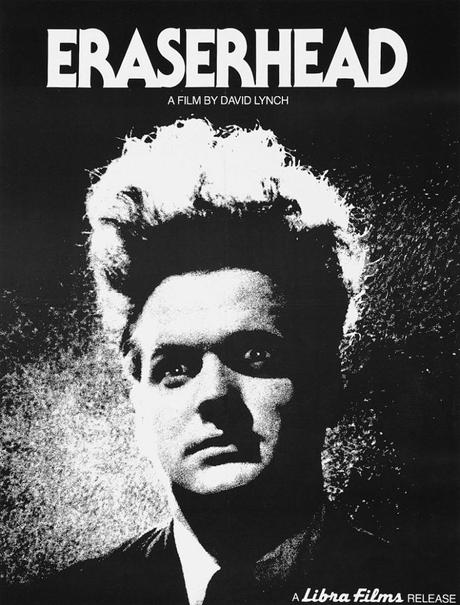
Over the years I’ve read a fair bit about Eraserhead without having ever seen it. Approaching it I had little idea what to expect—normally classified as body horror, there’s a fair amount of debate as to whether it should be considered horror or not. Now that I’ve finally seen it, I’d probably call it existential horror. There are no jump startles, and the quirkiness makes it almost funny at times. To me it suggests the horror of finding oneself in a world where the most desirous things are also those that scare us the most. If you’ve not seen the movie this may not make sense to you. David Lynch, the writer and director (and producer), went on to find fame in more mainstream media, but Eraserhead made the National Film Registry’s preservation list, which says something about it.
Comparison is sometimes fittingly made to Kafka. Life itself can be traumatic. Body horror tends to focus on the abject aspects of being incarnated. We associate intimately with our bodies, but they do things we don’t understand and which sometimes alarm us. The absurdity of this situation wasn’t lost on the great existentialist writers of the last century. Faced with these circumstances we carry on because it’s not clear what else to do. So Henry Spenser doesn’t emote very much. Life does weird things to you and sometimes just watching the strangeness unfold is the best option. This level of vanity brings old Qohelet to mind, for even the Bible realizes that some things just can’t be explained.
In an interview on the film Lynch cites the “little torments” of those in the workaday life. It’s difficult not to feel like a mere cog when your wage is premised upon the amount of time you spend on the clock. Even for professionals. The stark divide is like the industrial wasteland the film so ably portrays. This isn’t where anybody wants to be—no, it’s where one finds oneself. Comforts are few and the background noise is constant. Although Eraserhead isn’t widely known among the general public, its influence on other filmmakers is clear. I could help thinking “oh, this is where that idea comes from.” Probably most strongly that related to Brazil, a film I saw twice in one week in the theater (something I’ve not done with any other movie). Having worked within the system, following all the rules only to find they don’t really mean you’ll end up where you hope, the theater of the absurd has always felt natural to me. I should’ve watched this sooner.
